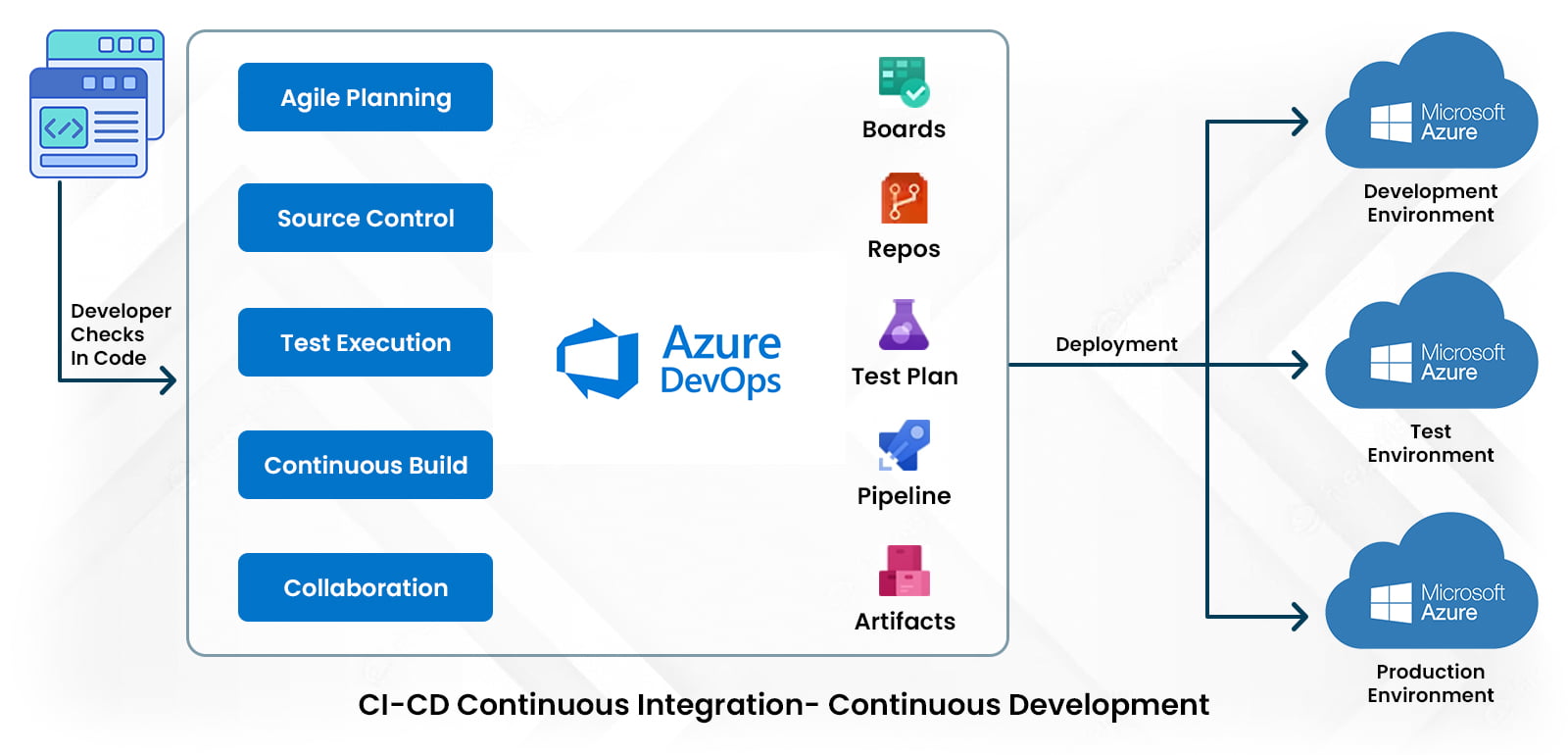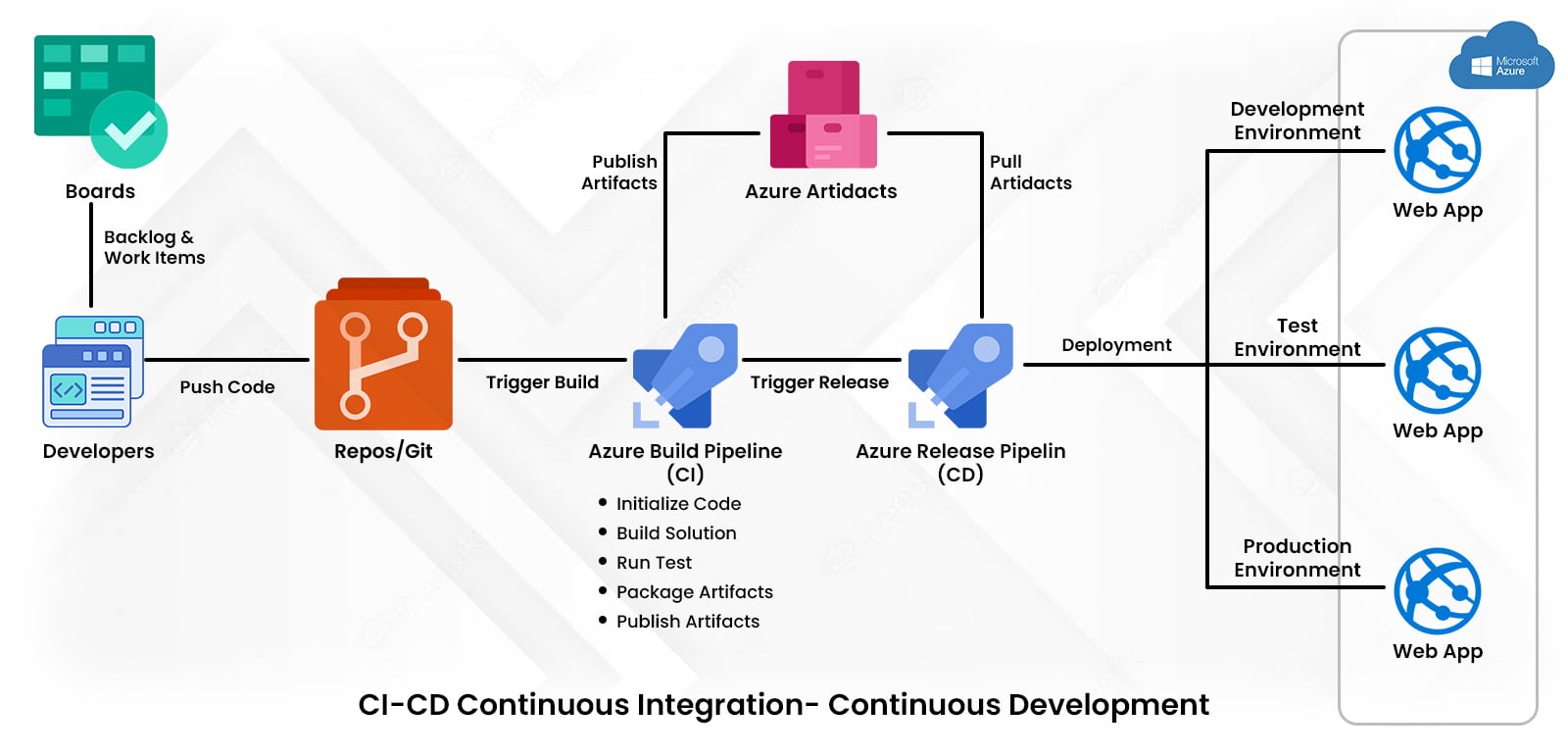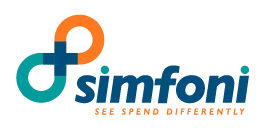Business Goals
Our client is a UK-based eCommerce business that sells its own manufactured products online. They sell their products through their website and other popular e-commerce marketplaces. As a growing company, its customer base increased, and its organic growth was healthy.
They were continuously upgrading their online portals and internal processes to stay ahead of the competition in the e-commerce business. As a result, time-to-market was the most important objective for them. An organisation that embraces agile methodologies for their IT development, it wanted to reduce the overall development lifecycle time and ability to move the changes to production quickly.
Technology Challenges
The client used different technologies for different activities across their IT landscape. For example, some teams used java as their programming language, while others used python. The same is true for tools and methodologies involved in designing and developing various software components.
They wanted to adopt DevOps as an organisational culture to automate and simplify its highly manual development processes. According to a 2020 Gartner study, 75% of DevOps initiatives fail to meet their goals due to organisational learning and change issues.
So, as an IT house of varied technologies, they wanted to assess their current ways of working and tools used and reimagine the organisational structure to improvise how things get done.
How NeosAlpha helped
When we engaged in this project, we had 3 primary goals.
- First, identify a dev ops platform that will meet the requirements, be easy to use, and be less expensive.
- Then, strategise the dev ops plan with the selected tools, processes and people.
- Lastly, implement the tools and techniques and monitor the functioning of dev ops.
Our engineers organised multiple workshops with the client to understand their requirements and current ways of working and processes. After a detailed assessment, they selected Azure DevOps, a Software as a service (SaaS) platform from Microsoft that provides an end-to-end DevOps toolchain for developing and deploying software. We have found Azure DevOps to fit the needs of most organisations irrespective of their language, platform or cloud.
We employed an Azure DevOps strategy to automate the current build and deployment process. Our team built a robust Azure DevOps governance program with measurable KPIs.
Our solution leverages the continuous integration (CI) and continuous delivery (CD) features of DevOps, which reduces deployment time so that teams have more time for testing and quality control issues. Through CI, developers integrate code into a shared repository several times daily, enabling quick error detection and mitigation. With CD, teams produce software in short cycles, helping reduce the time and risk of delivering changes. In addition, an integrated dashboard was set up to enable process transparency at every stage of the delivery pipeline.
Results
Following are key results of implementing Azure DevOps and newer ways of working.
- Significant upgradation of software delivery lifecycle, increased delivery speed, improved quality and lower costs.
- Improved collaboration between multiple teams and greater automation
- As a SaaS model, maintenance, patching and upgradation of DevOps pipelines was smoother and more manageable.









